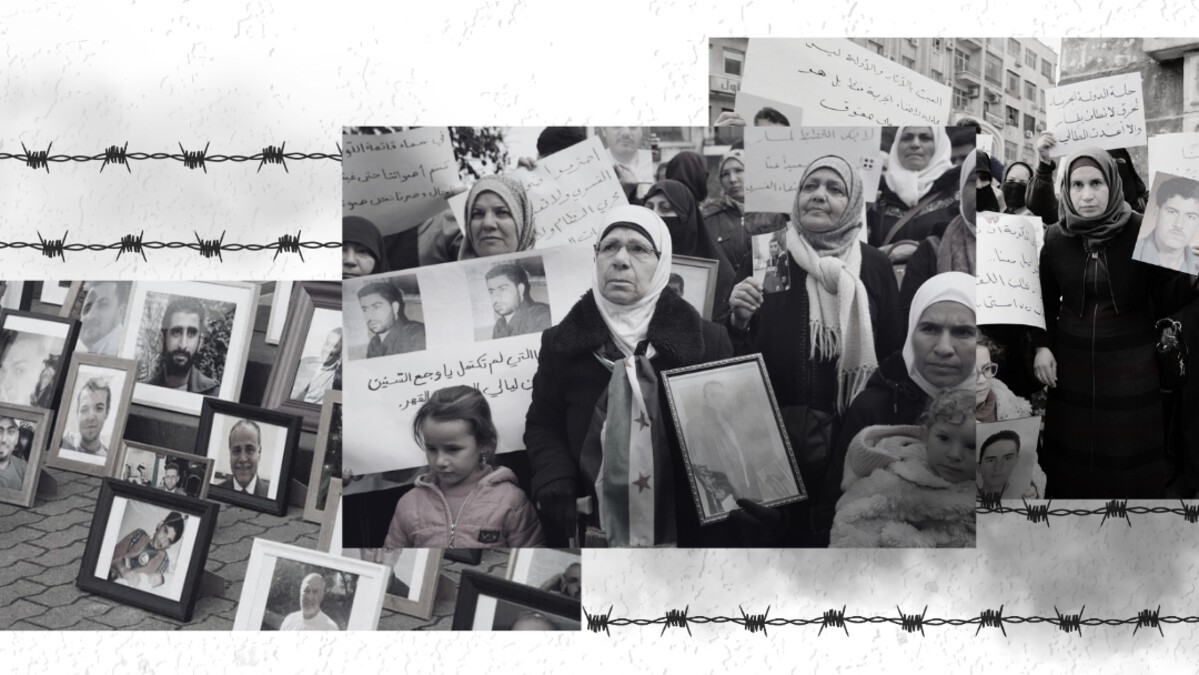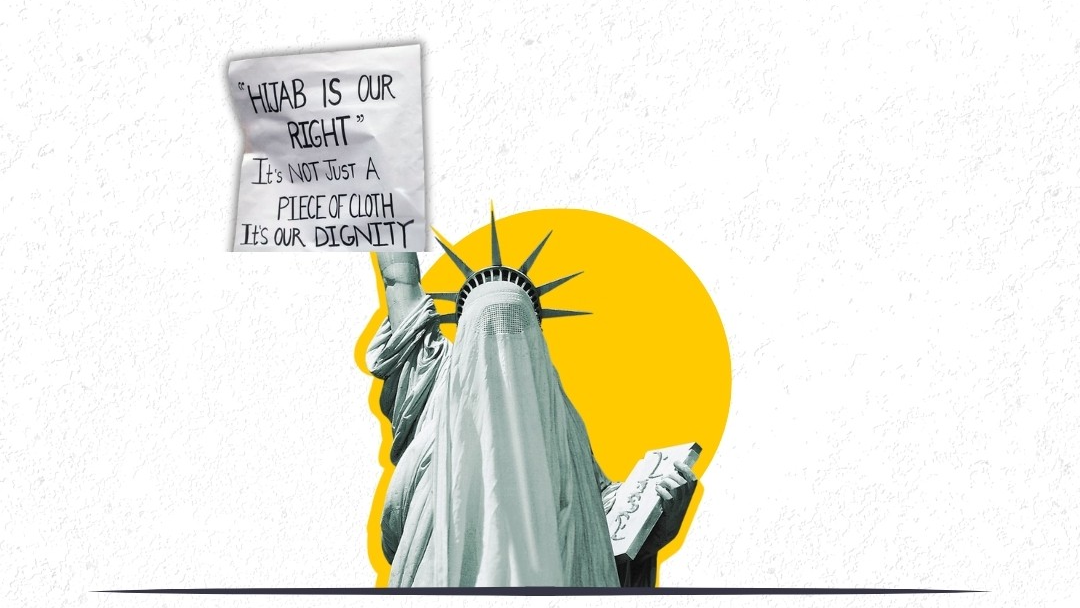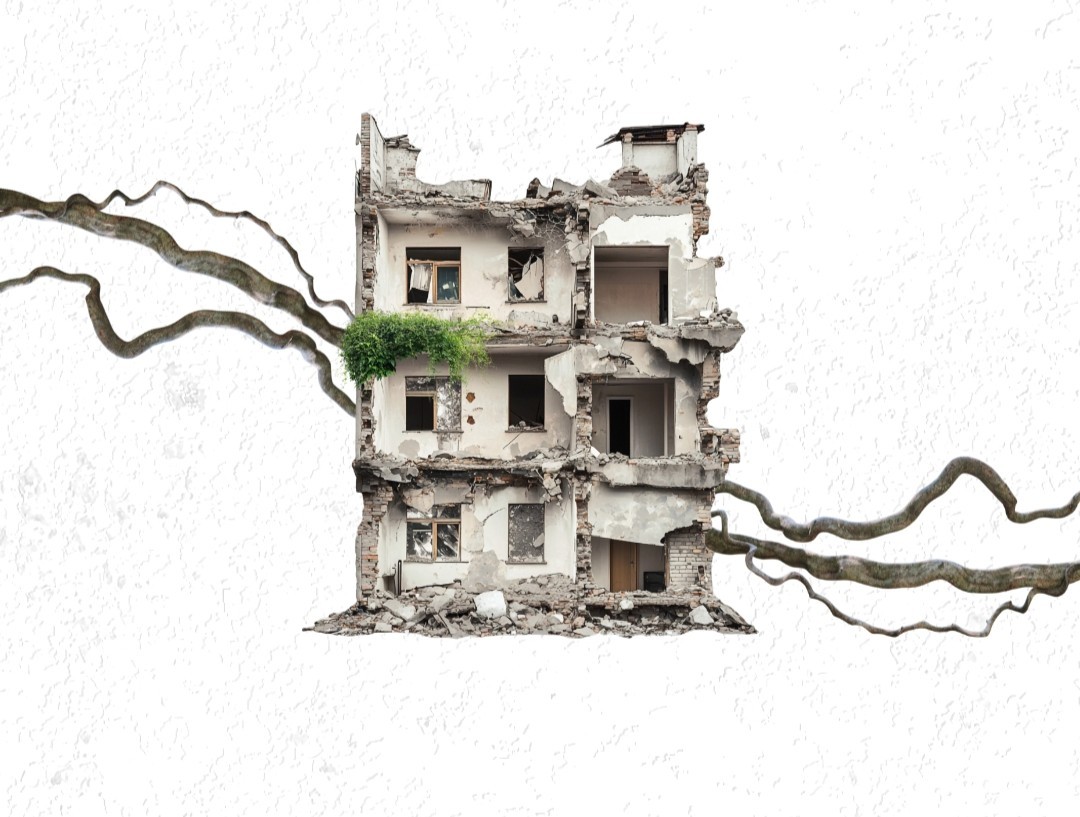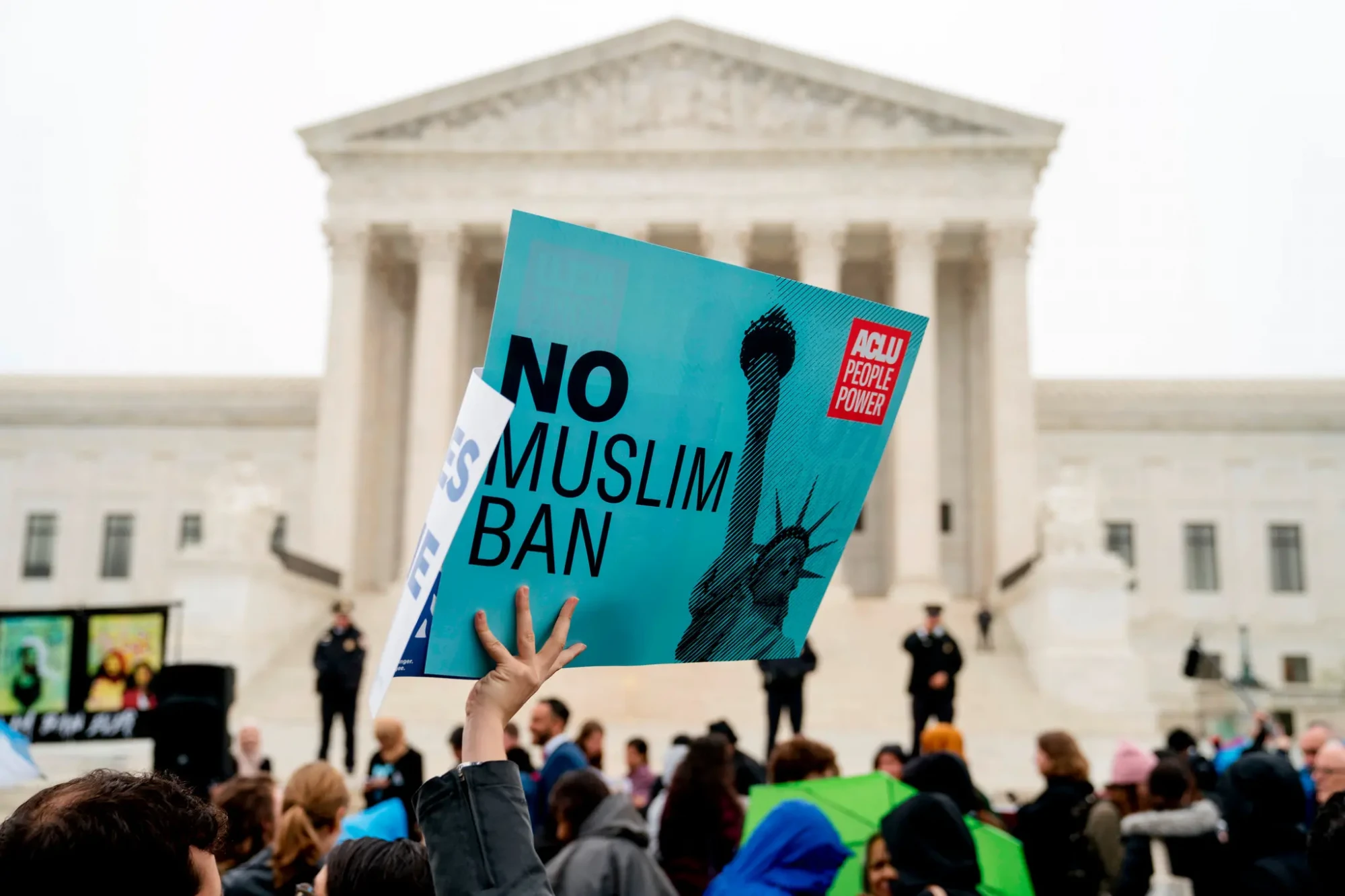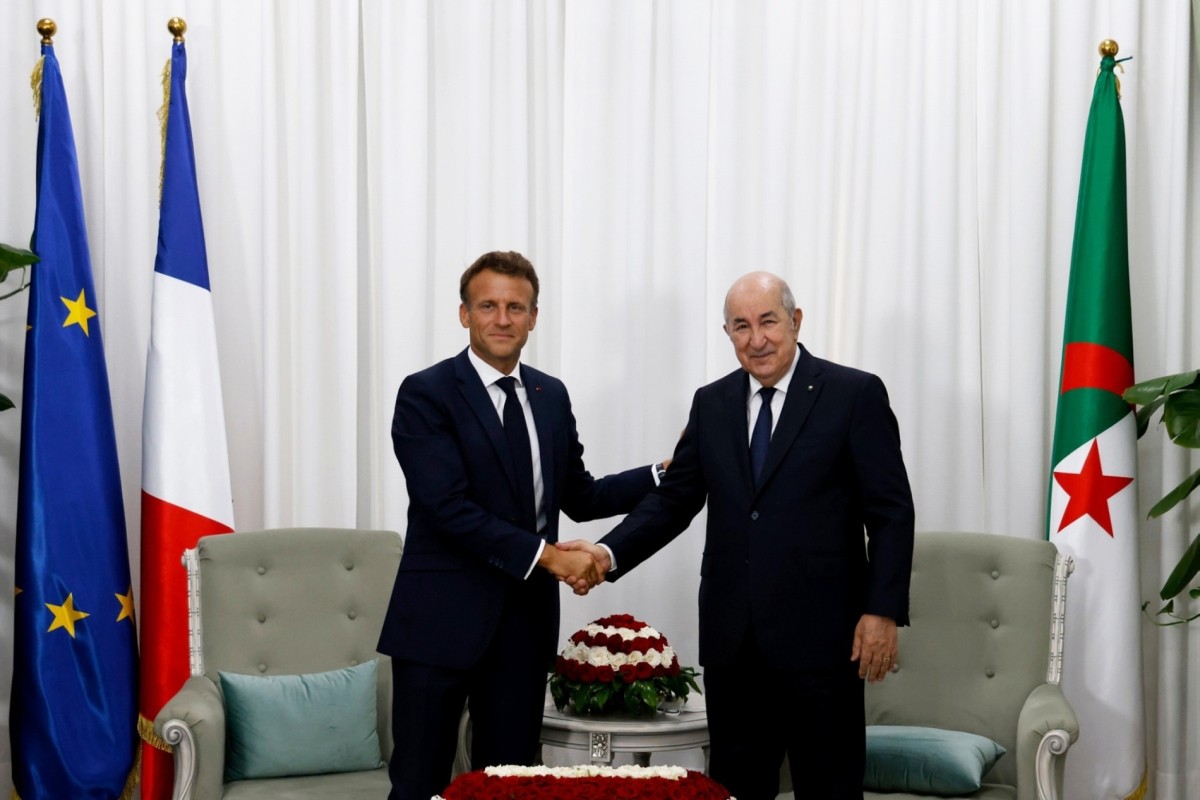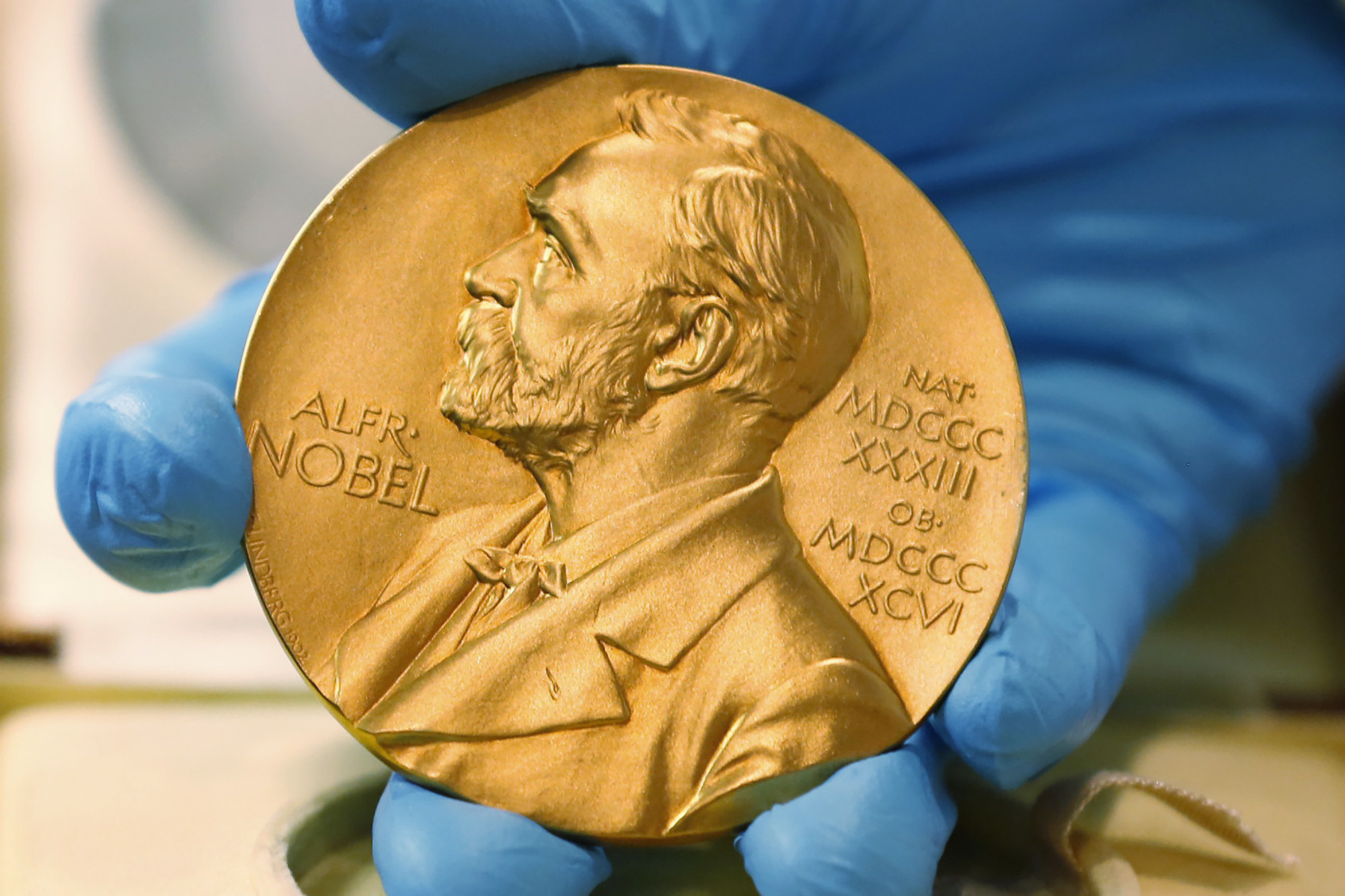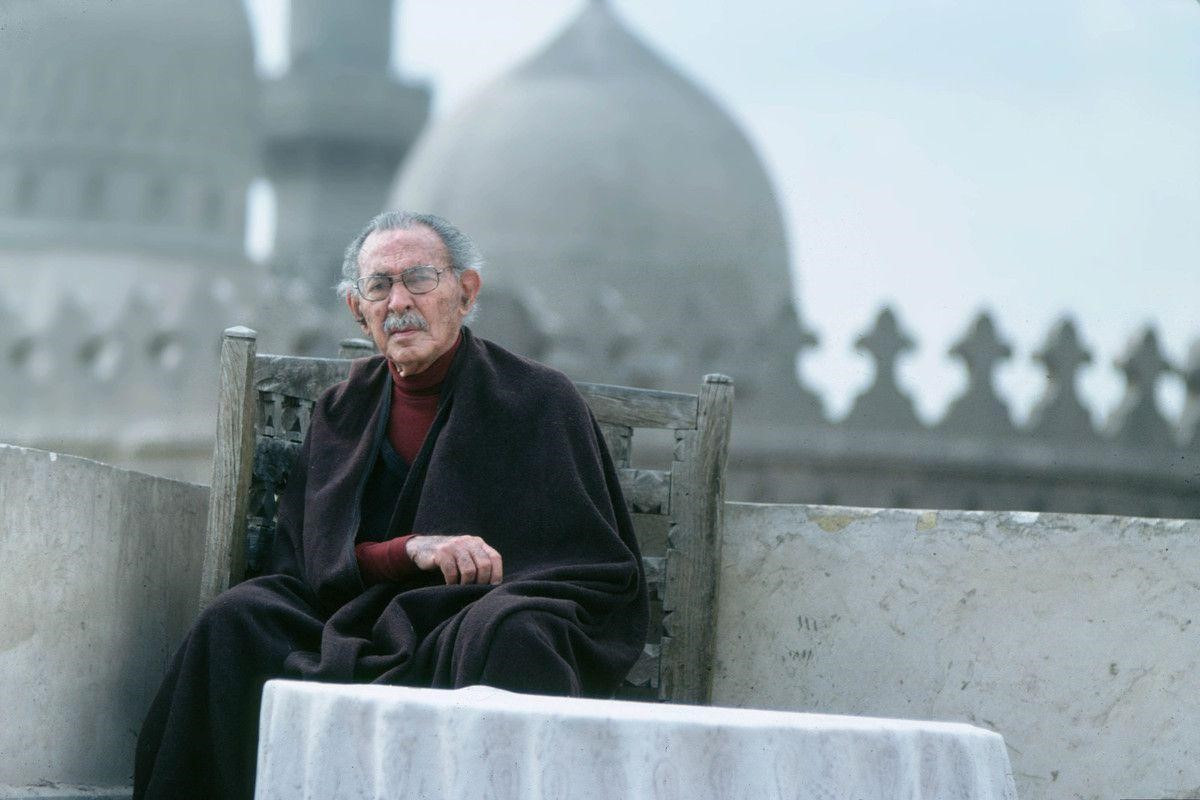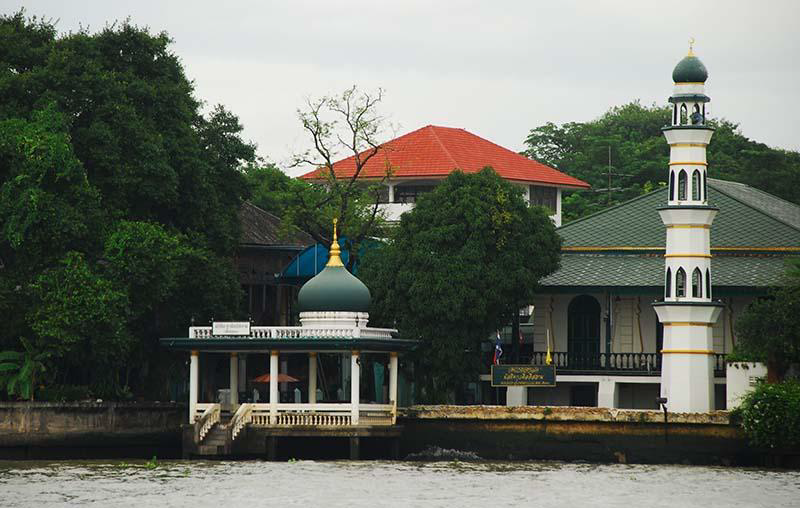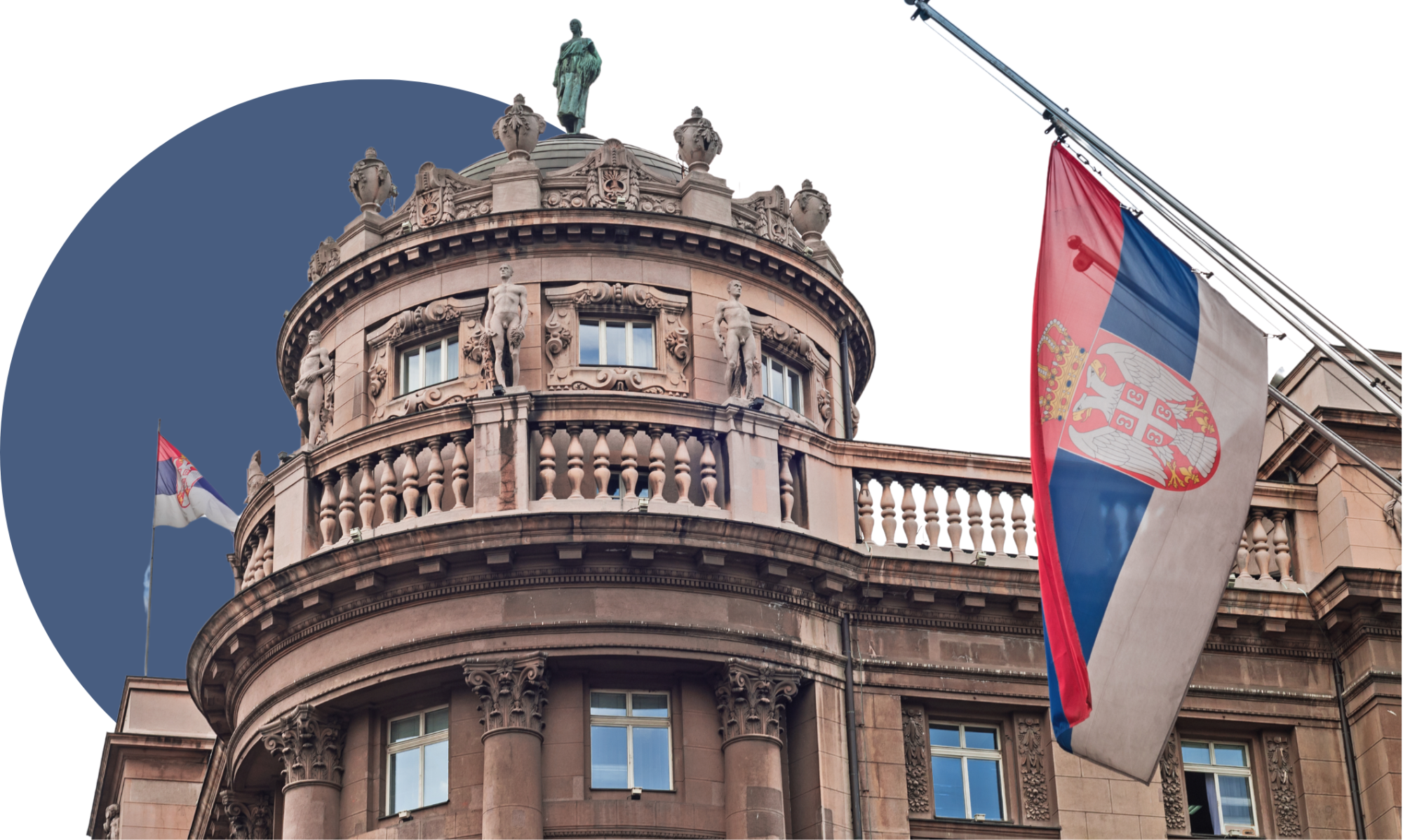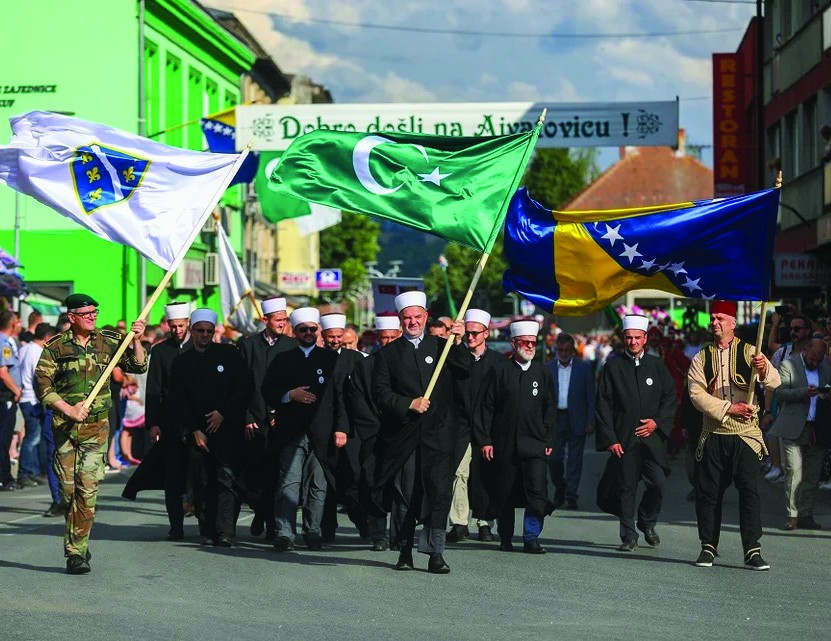
Islamic Identity in Contemporary Bosnia and Herzegovina
On the periphery of the Muslim world, in Southeast Europe, where civilizational and cultural forces have been colliding for centuries and where supremacy is the motivation that defines political goals, a small Muslim nation is trying to preserve itself in a struggle that has been going on for almost two centuries. From the beginning of the Ottoman withdrawal from the Balkans until today, the attacks on Islam, Muslims, Islamic tradition, and legacy have stopped only for short time intervals.
Throughout this period, the Bosnian elite stood out as the protector and bearer of these values, but over time, as the influence of the Ottoman state disappeared, so did the strength of the Bosnian Muslim leadership. After the Berlin Congress (1878), when Bosnia fell under the administration of Austria-Hungary, waves of emigration began, which, together with predominantly Serbian campaigns against Muslims, reduced the number, strength and influence of Islam in Bosnia and Herzegovina, but also in the Balkans. (Mulaosmanovic, 2019.)
The annexation of Bosnia and Herzegovina in 1908, the Balkan wars as well as the First World War marked the definitive end of the Ottoman period, which until then was still in the minds of Bosnian Muslims as something that would return and establish relations as they were in earlier centuries. Facing new realities, new growing ideologies and the position of the minority was a huge challenge for Bosnian Muslims. Coping with these challenges required actions to preserve religious and cultural identity, land ownership and political subjectivity.
Processes, Obstacles and Outcomes
Indeed, the beginnings of modern political representation through political parties showed that there is still a social reflex among Bosnian Muslims. What were the goals of the Islamic community and political representatives in the Austro-Hungarian period was carried over to the period when the common state of the South Slavs, Yugoslavia, was created. The Islamic identity of Bosniaks and the political subjectivity of Bosnia and Herzegovina were primary concerns. Unfortunately, land ownership was slowly disappearing and, due to state reforms, it was becoming the property of Christians.
After the Second world war and the establishment of the communist order, Islam in Bosnia was completely marginalized. Ulema and intellectuals lost their social position and importance, and the teachings of Islam were interpreted through the principles of Marxism and historical materialism. A certain renaissance began during the seventies of the twentieth century when Yugoslavia established contacts with important Islamic countries through the Non-Aligned Movement.
And precisely in this period, when Bosnian Muslims managed to get the status of an equal nation (not under the name Bosniaks, but Muslims with a capital M), significant thinkers and reformers came forward. People like Husein Đozo, Ahmed Smailović, Nerkez Smailagić and Alija Izetbegović laid the foundations of contemporary Islamic thought in Bosnia and Herzegovina. The need to position Islam according to the already mentioned realities required a new interpretation of Islamic regulations, new forms of cultural practice as well as social engagement. (Đozo, 1998.)
These discussions and actions within the educational system through the formation of the Faculty of Islamic Sciences, publishing activities and a kind of anti-communist and prodemocratic establishment of the growing contemporary Muslim intellectual elite in Bosnia and Herzegovina also determined the attitude towards Islam. A critical examination of the reasons for the overall decline of the Islamic world despite following the Revelation has become a significant topic. In this, Izetbegović stood out as a thinker who spoke rationally not only about the problems of the Islamic world, but also the deviant ways of the advanced West. Returning to the Qur'an was the central message. (Izetbegovic, 2005)
After the collapse of communism in Eastern Europe, which was followed by the dissolution of Yugoslavia, Izetbegović became a political representative of the Bosniaks, and then the president of Bosnia and Herzegovina. Izetbegović could not consistently present and implement his own political vision due to heavy war and post-war burdens and the anti-democratic aspirations of other political actors in Yugoslavia/BiH. But his significance in the process of democratization of these areas is great and putting him in the context of Bosniak cultural and political revival, he becomes the most important politician of this nation in the 20th century. His decade is marked by the successful struggle for the survival of BiH, the return of the national name Bosniak and the overall freedom that the Bosniak people and members of Islam in BiH began to experience. (Mulaosmanovic, 2017.)
On the other hand, the events of the war and the Bosnian genocide did not lead to revenge and excommunication of non-Muslims, but they were still considered "the richness and advantage of Bosnia". These achievements, placed in the context of changes on the world political stage and the relationship of certain European powers towards Bosnia and Herzegovina, Bosniaks and Islam, are almost epoch-making. Because of this, Izetbegović has the greatest merit. In this approach, Izetbegović emphasized the superiority of Islam, which educates people and leads them to action that transcends human whims and feelings.
Islamic identity was strengthened and became the basis of Bosniakhood. After the war (1992-1995), Islam in Bosnia and Herzegovina was strong and vital again. The freedom that Muslims got was seen in the number of non-governmental associations that were dominantly engaged in humanitarian work, while a certain circle also had purely missionary goals. It was about Salafi associations created after the war. Many younger people saw in the Salafi approach their own self-realization as well as uncompromisingness in promoting Islam as a worldview. Freedom of action and disillusionment with European values created during the aggression opened the way for unrestrained action. Nevertheless, internal disputes, and especially global movements after September 11, 2001, led to new circumstances for Islam in Bosnia.
There is no doubt that Islam in Bosnia experienced a huge injustice in first two decades of 21st Century. Some would say that there is no difference in the processes throughout the Islamic world and that Bosnia is just another example. Surely that the context varies from area to area. Namely, as a country that has come out of war and as a nation that has the experience of genocide, Bosnia and Bosniaks faced different initiatives that dealt with reconciliation, transitional justice, and then with suppressing violent extremism.
Until 2001, Islam was sporadically mentioned in this context, but after that it became the main source for the interpretation of violent extremism. This further frustrated the Bosniaks because of the clear traces of violence perpetrated by Serbian and Croatian extremists, many of whom were not prosecuted or held accountable for the crimes committed. Ironically, Islamic Community had to be the first to face these accusations and respond to them academically and religiously. (Islamska zajednica u BiH, 2017.)
Muslims have lately been wrongly perceived as a threat to security hence have become a target. Bush's War on terror opened up the possibility of radicalization and unwanted responses to this obvious injustice, but only a few incidents happened and that too without serious consequences. Throughout the war and post-war period, Muslims felt that they were standing on the sidelines of civilizational values and that, in the end, they were defending the humanistic values of the modern world. While mosques were being demolished and Muslim civilians were being killed, the Bosniaks guarded the churches and did not mistreat the Christians who lived under their rule. However, all that is almost completely forgotten. That negative relationship and great worries that loomed over Muslims were successfully resolved by Muslim institutions, primarily Rijaset of Islamic Community in Bosnia and Herzegovina, as well as the strong political position of the strongest Bosniak political party, SDA (Party of Democratic Action). Precisely this fact, that Muslims in Bosnia and Herzegovina can rely on the institutions they built, brought a feeling of relative security.
Conclusion
During 20th Century Islamic thought in Bosnia and Herzegovina was developed on the basis of political and societal needs of Muslim population. While first half of the century was a period of Muslim struggle to preserve economic foundation and autonomy of religious institution, what also directed ulema in their behaviour, the second half witnessed cultural and political rise that gave birth to different theoretical approaches about the position of Islam and Muslims within the state and society.
Fin du siecle for Bosniaks (Muslims) as for any other nation represented globalization of all social processes, and thus religion, which began to have an increasing influence. Democratization of society brought pluralism as a core idea of liberal order and practical indicator of freedom within the state. Since Bosnia and Herzegovina was in postwar, post conflict and transitional state, all these democratic processes were burdened by that legacy. Also, a number of reasons can be pinpointed for this global trend of returning to Islam and they all had a cumulative effect on the hearts and minds of Muslims globally.
All these developments created a vibrant Islamic scene in Bosnia and Herzegovina. New approaches found followers who were rooted in Islamic identity, its values and projections. Isolationism wasn’t an option but proud belonging to Ummah had a call to manifest it on almost every occasion. More than a century of living as a second-class citizen, the experience of genocide and especially European failure to protect Bosniaks during the war formed firm stand of Bosniak ethical superiority. The complexity of Islamic practice is discussed publicly and by media coverage while important issues such as free hours for jummah prayer, halal diet etc., are not only related to agreement between Islamic Community and the State but also are seen as a factor who are influencing society as a whole. No doubt that bigger receptiveness of Islamic norms among Bosniaks made many societal relations closer to Islamic values.
References
Đozo, Husein (1998), Islam u vremenu, Novi Pazar, Zaman
Izetbegović, A. (2005). Problemi islamskog preporoda – Islamska deklaracija. Sarajevo: GIK OKO
Islamska zajednica u Bosni i Hercegovini (2017) Retrieved from http://cdv.ba/wp-content/uploads/2017/08/Ideologija-tekfira-i-nasilni-ekstremizam_Analiza.pdf
Mulaosmanovic (2017), Hayatta Kalma İmtihanı, Ankara: Hece.
Mulaosmanović A. (2019). Islam and Muslims in Greater Serbian Ideology. The origins of an antagonism and the misuse of the past. Journal of Muslim Minority Affairs, 39(3), 300-316
Admir Mulaosmanović
Admir Mulaosmanović was born on July 1, 1973 in Sarajevo. He enrolled in the Faculty of Philosophy in Sarajevo, Department of History, in 2000 and graduated in 2004. In 2004/05, he began postgraduate studies at the Faculty of Philosophy in Zagreb/Cro...
 Admir Mulaosmanović
Admir Mulaosmanović